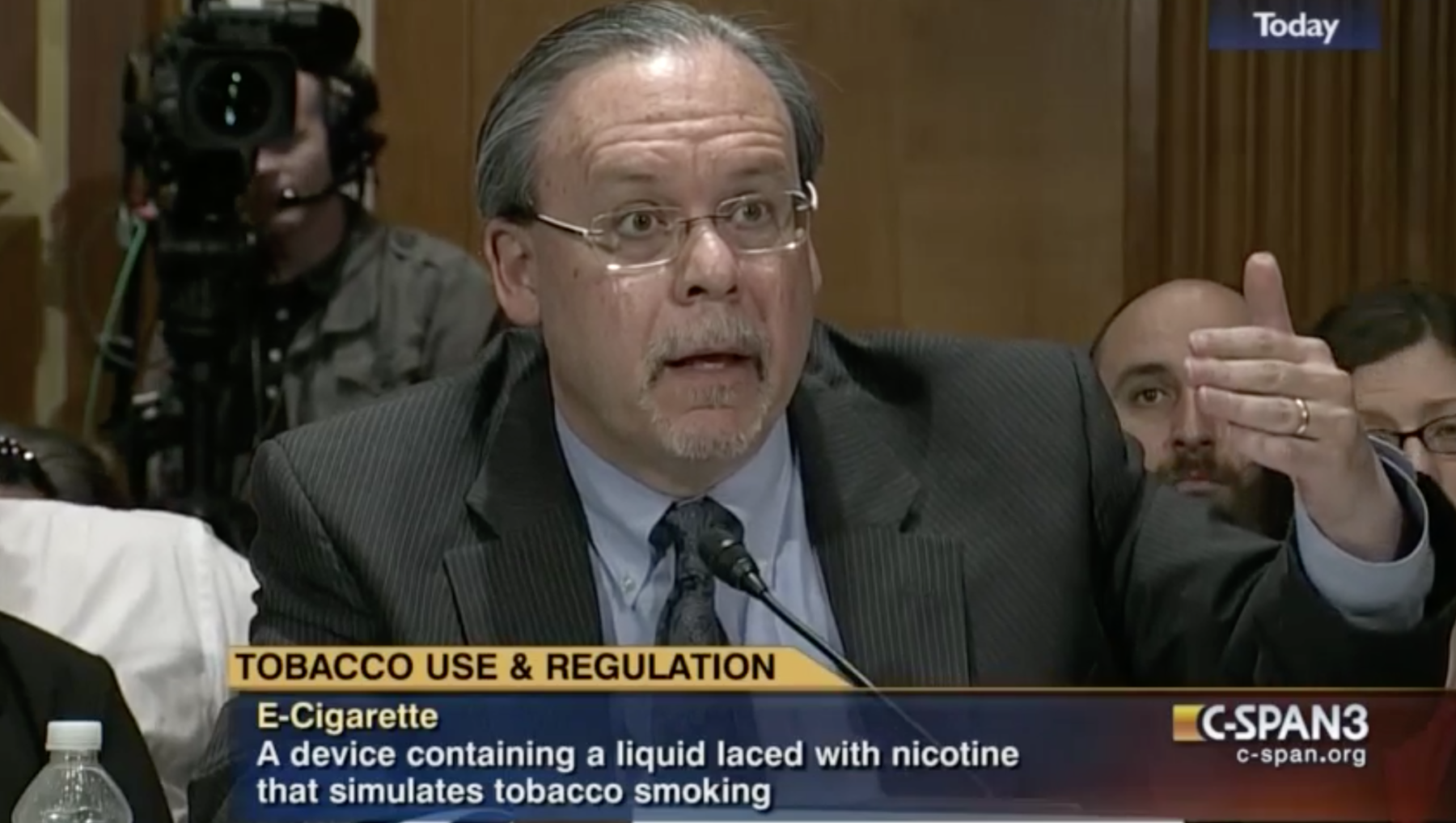On July 11, a Maryland district court judge ruled in a lawsuit launched by anti-vaping organizations, who demanded that the Food and Drug Administration be required to set a stringent four-month deadline for pre-market review of vaping products.
In an argument rarely made by the FDA—which is pivotal to US tobacco control, and is known for its fearmongering campaigns against youth vaping—the agency warned that the groups’ demand could jeopardize people’s efforts to quit combustible cigarettes. The FDA’s own deadline was set for August 2020. While Judge Paul W. Grimm decided to shorten it, he agreed with the FDA that four months was not long enough—moving it instead to June 2020.
Groups including the American Academy of Pediatrics, the American Lung Association and the Campaign for Tobacco-Free Kids, originally filed the lawsuit in 2016 after the FDA pushed back its approval deadlines for companies marketing vapes in the US. The lawsuit asked Judge Grimm to set a 120-day application time-frame for electronic nicotine delivery systems (ENDs) manufacturers, who would otherwise face “FDA enforcement actions.”
According to the district court opinion, the FDA and other defendants say that the proposed four-month application time-frame would “create massive administrative burdens at the agency.” Mitchell Zeller, director of the Center for Tobacco Products at the FDA, wrote that the short notice could “threaten to abruptly clear the market of e-cigarette products, creating a ‘genuine risk’ that adult former smokers addicted to nicotine would ‘migrat[e] from potentially less harmful ENDS products [i.e., e-cigarettes] back to combustible tobacco products.’”
Judge Grimm commended the FDA’s response to the teen vaping “epidemic”—as a “carefully calibrated a plan to deal with nicotine addiction throughout the public health sector”—in setting a new 10-month deadline.
The judge justified his ruling by citing, among other things, an “uncertainty in the efficacy of e-cigarettes as smoking cessation devices.” Although long-term data is lacking, the United Kingdom has estimated e-cigarettes to be 95 percent less harmful than combustible cigarettes. In 2018, the National Academy of Science concluded that “completely substituting e-cigarettes for combustible tobacco cigarettes reduces users’ exposure to numerous toxicants and carcinogens present in combustible tobacco cigarettes.”
While the FDA’s public acknowledgement of the value of vaping in preventing deaths among the largely-marginalized populations who smoke is welcome, the agency is not about to drop its emphasis on youth vaping.
“The FDA stands ready to accelerate the review of e-cigarettes and other new tobacco products,” said Acting FDA Commissioner Ned Sharpless in a press release. “And we remain committed to tackling the epidemic of youth vaping using all available regulatory tools at our disposal. We will continue to implement the policies necessary to keep e-cigarettes and all tobacco products out of the hands of America’s kids.”
Screenshot of Mitchell Zeller before a Senate committee in May 2014, via C-Span




